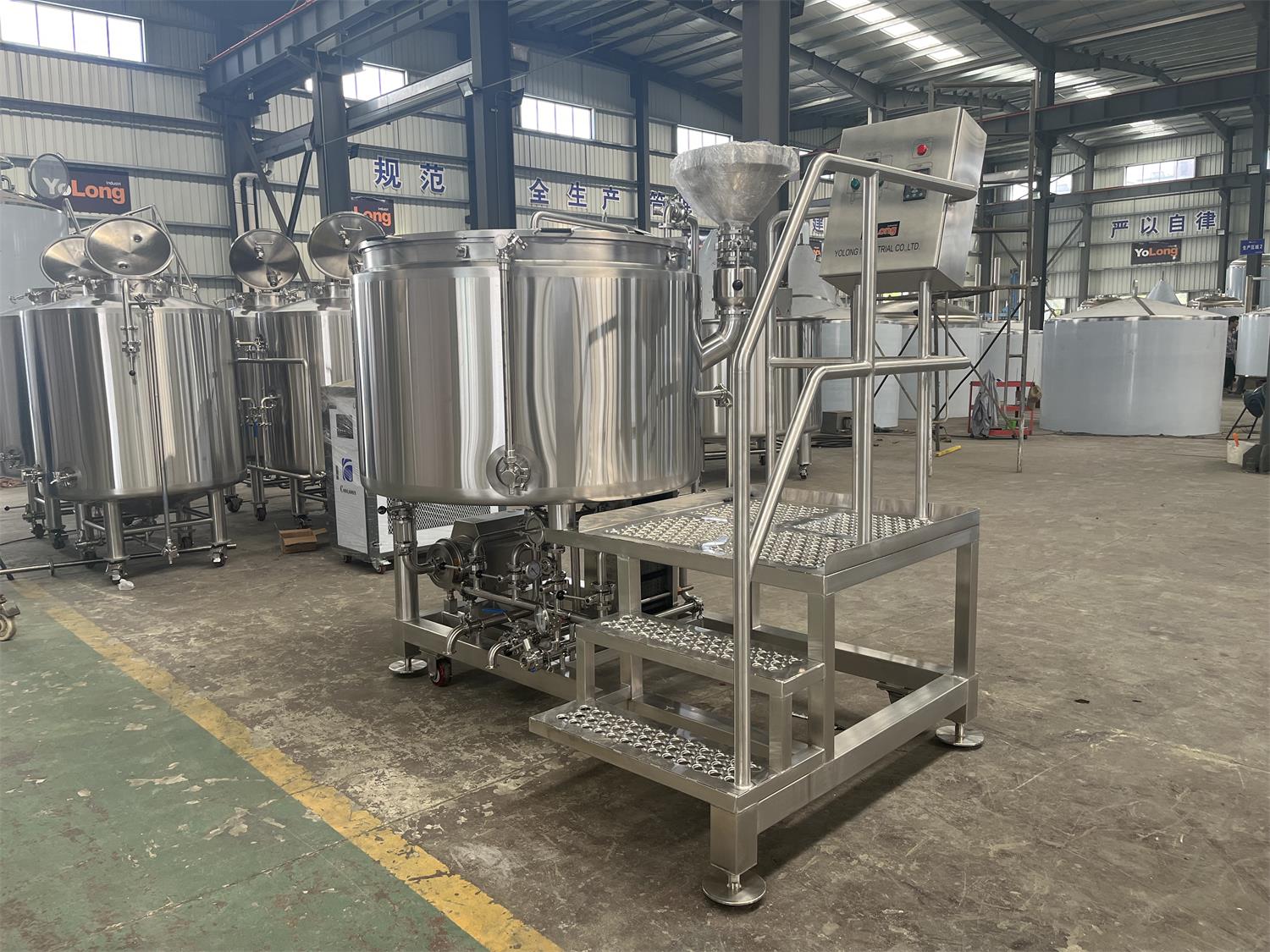Top 10 Craft Breweries You Must Visit in 2025
The Rise and Trend of Craft Beer
Craft beer is more than just a drink; it’s a movement. Over the past two decades, craft breweries have surged in popularity, challenging the dominance of big beer brands.
Unlike traditional macro beers, craft beers focus on quality, flavor, and innovation. Brewers experiment with unique ingredients like fruits, spices, and even coffee or chocolate to create diverse and exciting flavors. This trend aligns perfectly with the growing consumer demand for artisanal, locally-made products.
Another factor fueling this rise is the community aspect. Craft breweries often serve as social hubs, hosting events, beer tastings, and food pairings. With the explosion of the craft beer scene, many drinkers are choosing small, independent breweries over large-scale beer corporations.
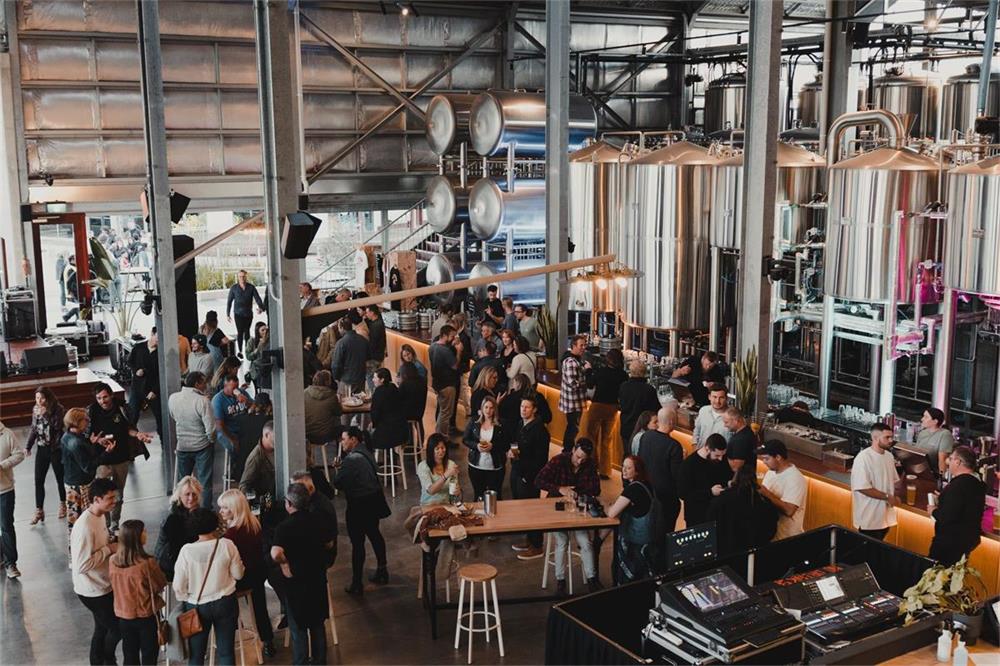
Best Craft Breweries to Visit in 2025
If you’re a beer enthusiast planning your next trip, these craft breweries should be on your radar in 2025. Each offers a unique experience, from stunning taprooms to award-winning brews.
1. Tree House Brewing Company (Massachusetts, USA)
Renowned for its hazy IPAs, Tree House Brewing has a cult following. Their scenic brewery offers a great atmosphere for beer lovers.
2. Cantillon Brewery (Brussels, Belgium)
One of the most historic breweries in the world, Cantillon specializes in traditional lambic-style beers that undergo spontaneous fermentation.
3. Cloudwater Brew Co. (Manchester, UK)
Known for its innovative approach, Cloudwater is leading the UK craft beer scene with its seasonal releases and experimental flavors.
4. Stone & Wood Brewing Co. (Byron Bay, Australia)
An iconic Australian craft brewery famous for its Pacific Ale, Stone & Wood is a must-visit for those exploring Australia’s beer culture.
5. Mikkeller (Copenhagen, Denmark)
A global craft beer brand that started in Denmark, Mikkeller offers an ever-changing menu of creative brews.
Craft Beer vs. Macro Beer: A Complete Breakdown
Many people wonder: how does craft beer compare to macro beer? Let’s break it down.
| Feature | Craft Beer | Macro Beer |
|---|---|---|
| Production Scale | Small-batch, independent | Large-scale, mass-produced |
| Flavor Variety | Wide range, innovative | Standardized, predictable |
| Ingredients | High-quality, often local | Cost-effective, mass-sourced |
| Price | Higher, premium pricing | Lower, budget-friendly |
| Consumer Base | Enthusiasts, connoisseurs | General public, mass-market |
| Ownership | Independently owned | Often corporate-owned |
Craft beer emphasizes creativity and craftsmanship, while macro beer prioritizes consistency and affordability. If you’re looking for bold, unique flavors, craft beer is the way to go.
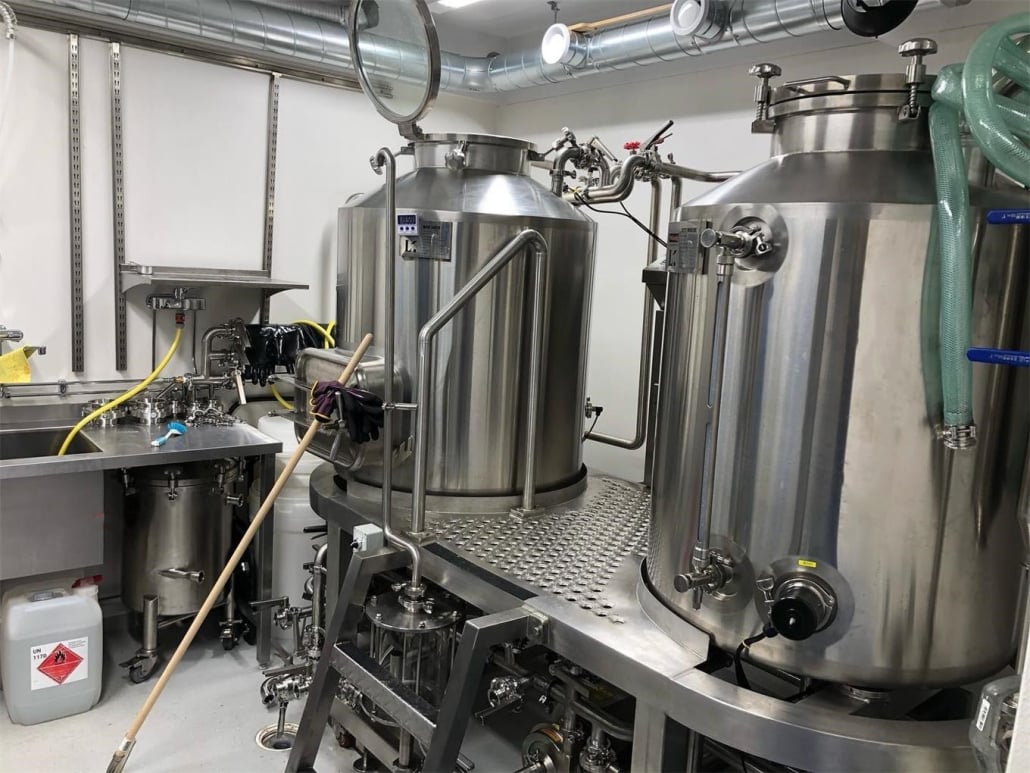
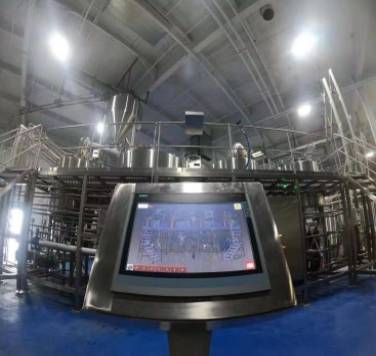
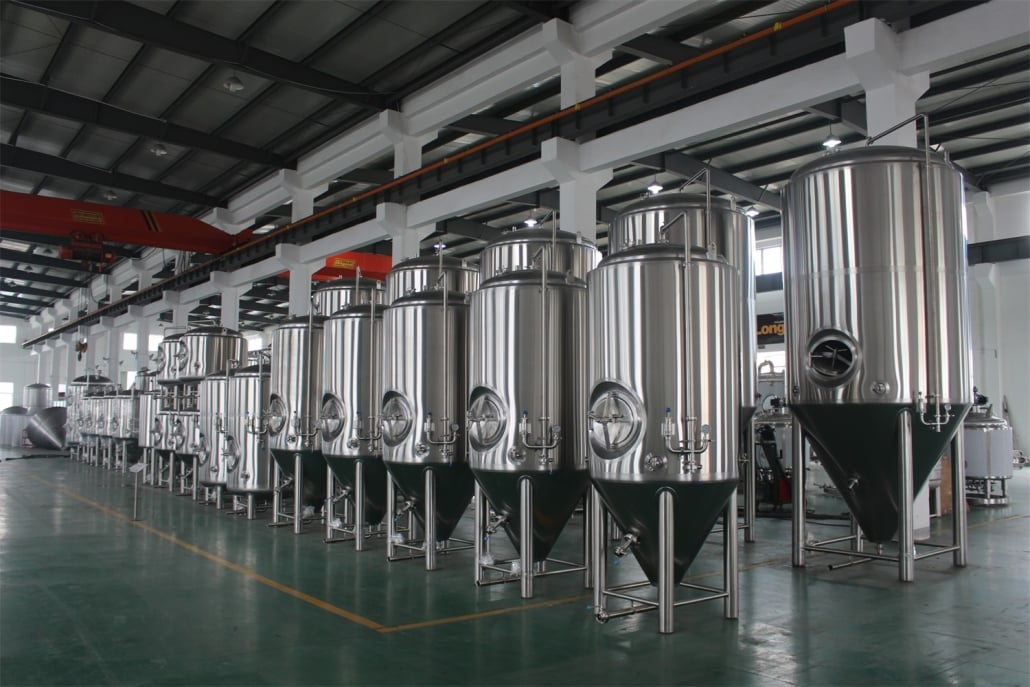
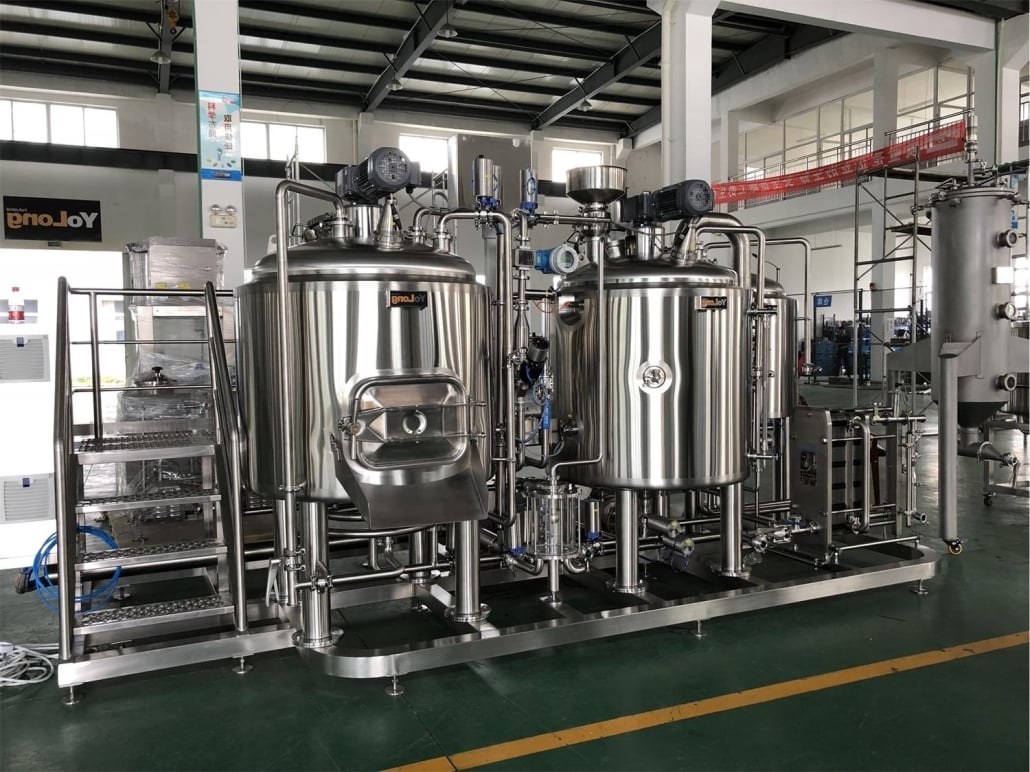
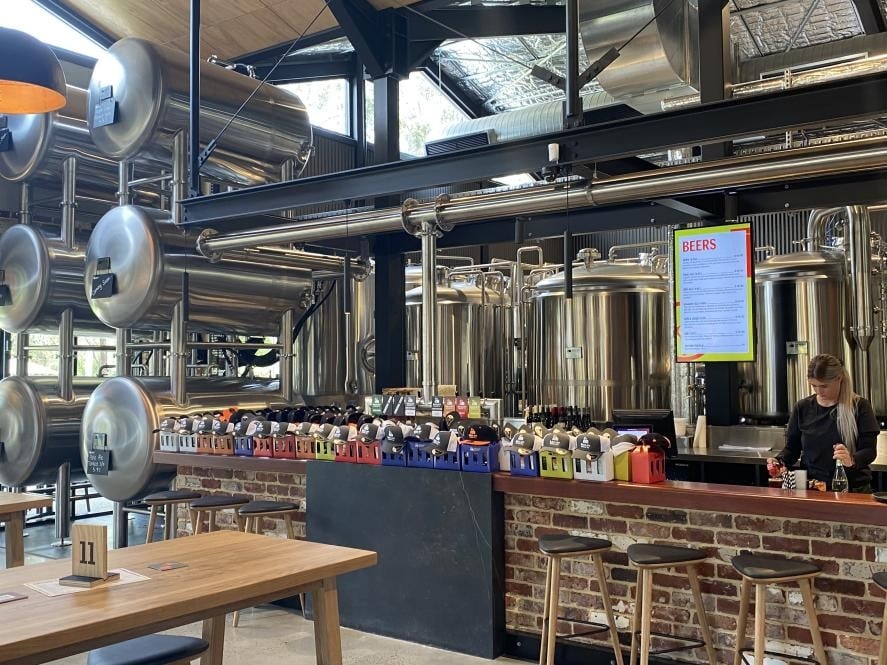
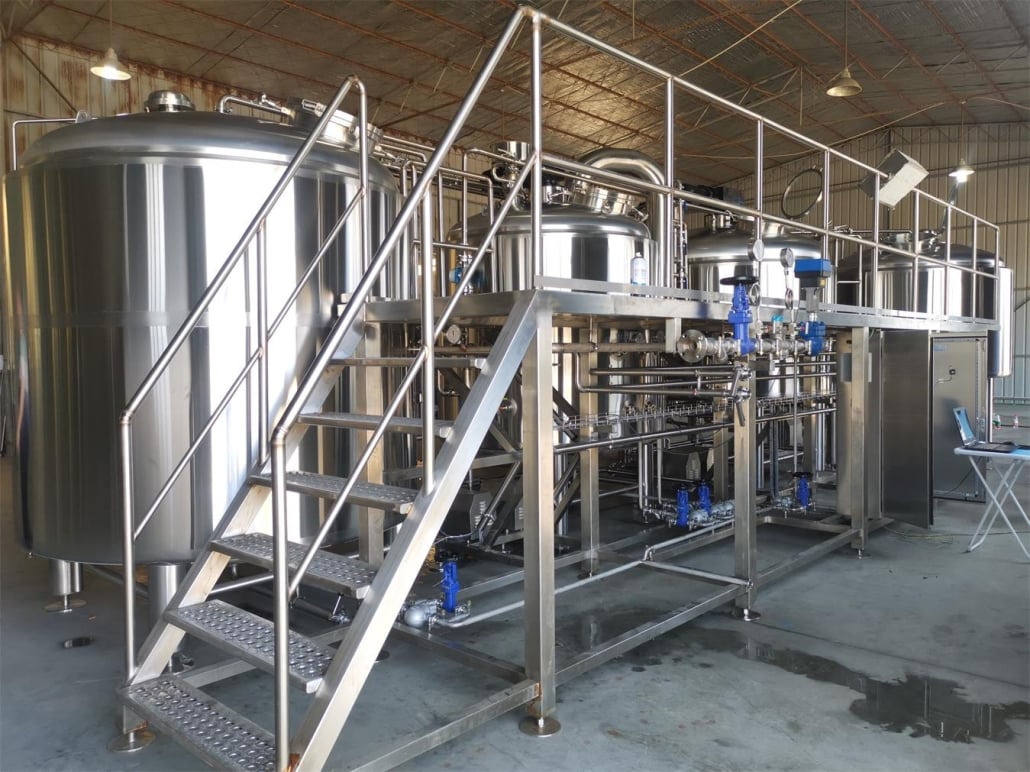
How to Operate a Successful Craft Brewery
| Key Area | Details |
|---|---|
| Business Plan | Define your vision, market, and financial projections. |
| Equipment | Invest in brewing systems, fermentation tanks, and quality control tools. |
| Legal Compliance | Obtain necessary licenses, meet health regulations, and follow tax laws. |
| Marketing Strategy | Leverage social media, host events, and build a strong brand identity. |
| Distribution | Choose between taproom sales, local bars, or wider distribution networks. |
Operating a craft brewery requires a balance of passion, business acumen, and brewing expertise.
How to Start Brewing Your Own Craft Beer?
| Step | Description |
|---|---|
| 1. Choose Your Brewing Method | Start with extract brewing before moving to all-grain brewing. |
| 2. Gather Equipment | Get fermenters, kettles, hydrometers, and bottles. |
| 3. Select Ingredients | Use high-quality malt, hops, yeast, and water. |
| 4. Brew and Ferment | Follow a step-by-step process, ensuring proper fermentation. |
| 5. Bottle and Age | Carbonate and age your beer before serving. |
Starting small at home can help you master the craft before scaling up to professional brewing.
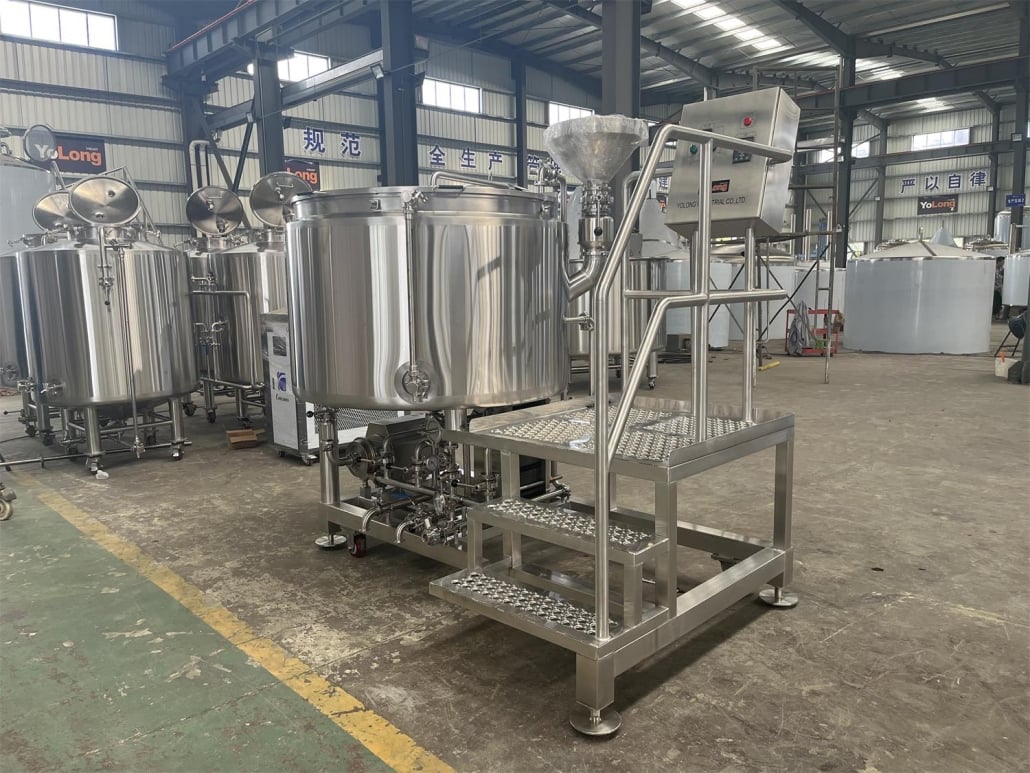
Craft Beer Styles from Around the World
Different regions have unique brewing styles. Here are some of the most famous ones:
- Belgian Lambics – Spontaneously fermented, sour beers with fruity notes.
- German Hefeweizen – A wheat beer with banana and clove flavors.
- American IPAs – Hop-forward, citrusy, and often hazy.
- British Stouts – Dark, rich, and creamy with coffee or chocolate undertones.
- Japanese Rice Lagers – Light, crisp, and refreshing with a clean finish.
Each style reflects the culture and brewing heritage of its region.
FAQ
| Question | Answer |
|---|---|
| What defines a craft brewery? | A small, independent brewery focused on innovation and quality. |
| How much does it cost to start a craft brewery? | Costs range from $250,000 to $1 million depending on size and location. |
| What is the difference between ale and lager? | Ales ferment at warmer temperatures, while lagers require colder fermentation. |
| Can I start a craft brewery from home? | You can start with homebrewing, but commercial brewing requires licensing. |
| What is the strongest craft beer? | Some craft beers exceed 20% ABV, like BrewDog’s “The Strength in Numbers.” |
Additional FAQs on Craft Breweries (2025)
- How can I plan a multi-brewery itinerary efficiently?
- Cluster visits by neighborhood or transit line, pre-book taproom slots where required, and prioritize breweries with production tours to learn about their brewhouse and fermentation setup.
- What’s the best way to discover limited-release beers while traveling?
- Follow brewery newsletters and Instagram, check Untappd event pages, and monitor Tavour/BeerAdvocate forums a week before your trip.
- Are reservations needed for popular craft breweries?
- For high-traffic destinations (e.g., Tree House, Cantillon), weekend reservations or timed entries are common; weekdays are more flexible.
- How do I ship or transport beer legally from abroad?
- Verify local export rules and your home country’s customs limits. Use brewery-offered shipping where available; otherwise, pack cans in checked luggage using protective sleeves.
- What should I look for on a brewery tour to assess quality?
- Clean-in-place practices, cold-chain storage for hops/yeast, oxygen management (closed transfers, DO meters), and consistent temperature control across fermenters and cold room.
2025 Industry Trends Shaping Craft Brewery Visits
- Low- and no-alcohol craft expands: Many top craft breweries now feature <0.5% ABV options and “day drinking” menus.
- Lager renaissance continues: More horizontal tanks and decoction-inspired lagers appearing on tap lists.
- Sustainability on display: Taprooms highlight CO2 recovery, solar arrays, and water reuse metrics.
- Tech-assisted tasting: QR-based menus with sensory notes, allergens, and batch DO/pack dates.
- Experience-centric taprooms: Blending breweries with food halls, live music, and beer education classes.
2025 Data Snapshot for Craft Brewery Tourism
| Metric (2025) | Typical Range | Change vs. 2023 | Relevance for Craft Breweries travelers |
|---|---|---|---|
| Breweries offering guided tours | 35–50% | +8–12 pts | More behind-the-scenes education |
| Taprooms with NA/low-alc options | 55–65% | +15–20 pts | Inclusive menus for groups |
| Venues publishing sustainability stats on-site | 20–30% | +10 pts | Transparency and storytelling |
| On-site canning of limited releases (mobile/compact lines) | 40–55% | +12–18 pts | Higher chance of takeaway drops |
| Cashless/QR menu adoption | 60–75% | +20 pts | Faster ordering, rich product info |
Authoritative references:
- Brewers Association (state of the industry): https://www.brewersassociation.org
- Beer tourism insights (regional guilds, BA): https://www.brewersassociation.org/statistics-and-data
- Alcohol travel guidelines (check local government portals)
Latest Research Cases
Case Study 1: Sustainability Storytelling Increases Taproom Spend (2025)
Background: A destination craft brewery with heavy weekend traffic wanted to boost per-visitor revenue without raising prices.
Solution: Added on-tap sustainability dashboards (water-to-beer ratio, CO2 recovery rate), QR-linked brew logs, and staff-led “green brew” tours.
Results: Average ticket size rose 11%; tour bookings up 38%; social media saves/shares increased 2.3x, improving midweek footfall.
Case Study 2: Limited-Release Program Drives “Beer Tourism” Weekdays (2024)
Background: Urban craft brewery sought to smooth demand beyond weekends.
Solution: Introduced small-batch can drops Tuesdays/Thursdays with preorder windows and educational tastings featuring pilot equipment.
Results: Weekday taproom traffic up 27%; DTC can sales +19%; newsletter signups +44% quarter-over-quarter.
Expert Opinions
- Julia Herz, Executive Director, American Homebrewers Association (former BA Craft Beer Program Director)
- “Travelers want a story in the glass—brewery visits that combine education with unique, place-based beers see stronger loyalty and word-of-mouth.”
- Garrett Oliver, Brewmaster, Brooklyn Brewery
- “Balance and freshness define great brewery experiences. Breweries that control oxygen and cold chain deliver the flavors visitors traveled for.”
- Melissa Romano, Co-owner, Lake Anne Brew House; past BA Board member
- “Neighborhood integration—partnerships with local food, arts, and charities—turns a taproom stop into a must-visit community destination.”
Practical Tools and Resources
- Brewery finders and maps: Brewers Association Brewery Finder (US): https://www.brewersassociation.org/directories/breweries
- Global check-ins and release alerts: Untappd: https://untappd.com
- Festival and event calendars: BeerAdvocate: https://www.beeradvocate.com
- Travel planning: Google Maps curated lists; Rome2Rio for transit links
- Responsible tasting: ABV calculator and pour trackers via mobile apps; local rideshare options
- Local guilds for regional guides: Search “[state/country] brewers guild” websites for trails and passports
Optimization tip: Include variations like “Craft Breweries,” “best craft breweries to visit,” “brewery tours 2025,” and “limited-release beer drops” to align with traveler search intent and event-driven queries.
Last updated: 2025-09-09
Changelog: Added 5 FAQs for craft brewery travel, 2025 trend snapshot with data table and sources, two case studies, expert commentary, and practical trip-planning resources
Next review date & triggers: 2026-02-01 or earlier if BA releases new industry stats, major travel regulations change, or NA/low-alc adoption exceeds 70% in taprooms
Share this entry
Interested in learning more about Brewing Systems including additional details and pricing information? Please use the form below to contact us!
YOLONG BREWERY EQUIPMENT FAQS
- Commercial Brewery / Craft Brewery / Microbrewery / Nanobrewery
- What is The Difference Between Craft Beer and Industrial Beer?
- The Bespoke Differences In Custom Brewing Systems
- Everything You Need to Know About Kettle Souring
- How to Choose Brewing Equipment for Your business?
- How To Choose The-Best Partner To Build Your Commercial Microbrewing System?
- Two Detection Sensors That You Need To Use In Your Brewhouse System
- Remote Control Applications in Brewing Equipment/How does it work?
- How To Clean Your Brand New Brewery Tanks?

